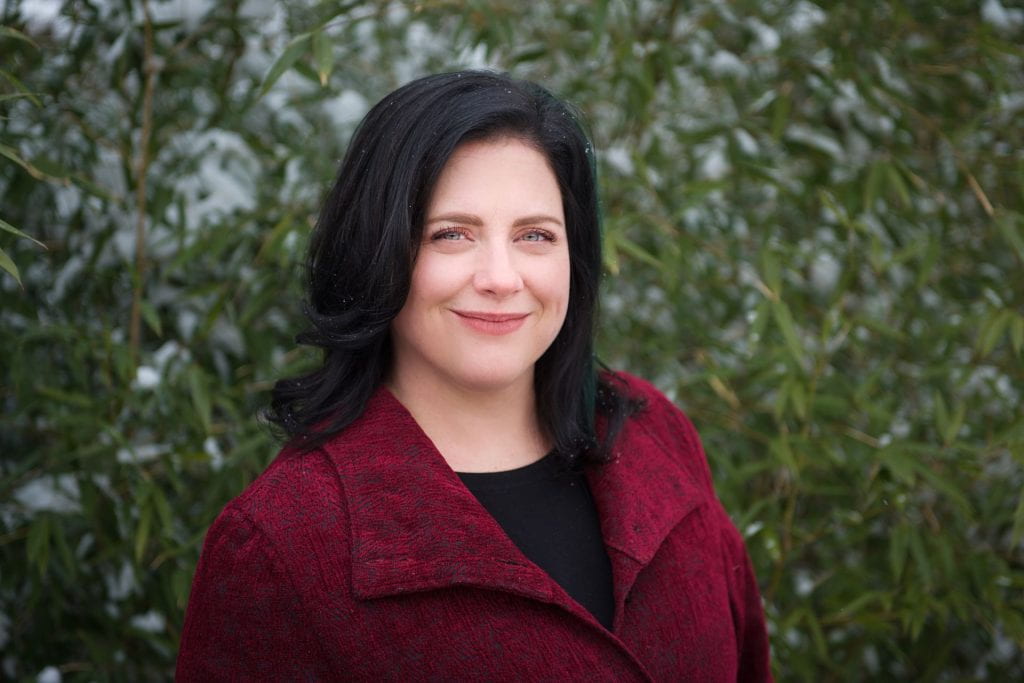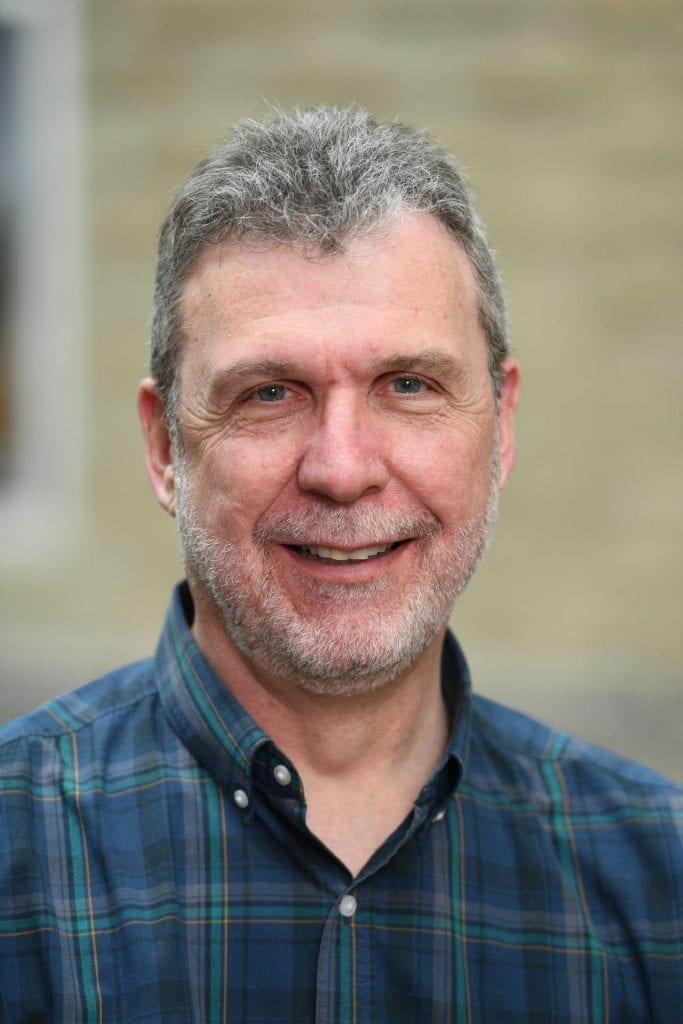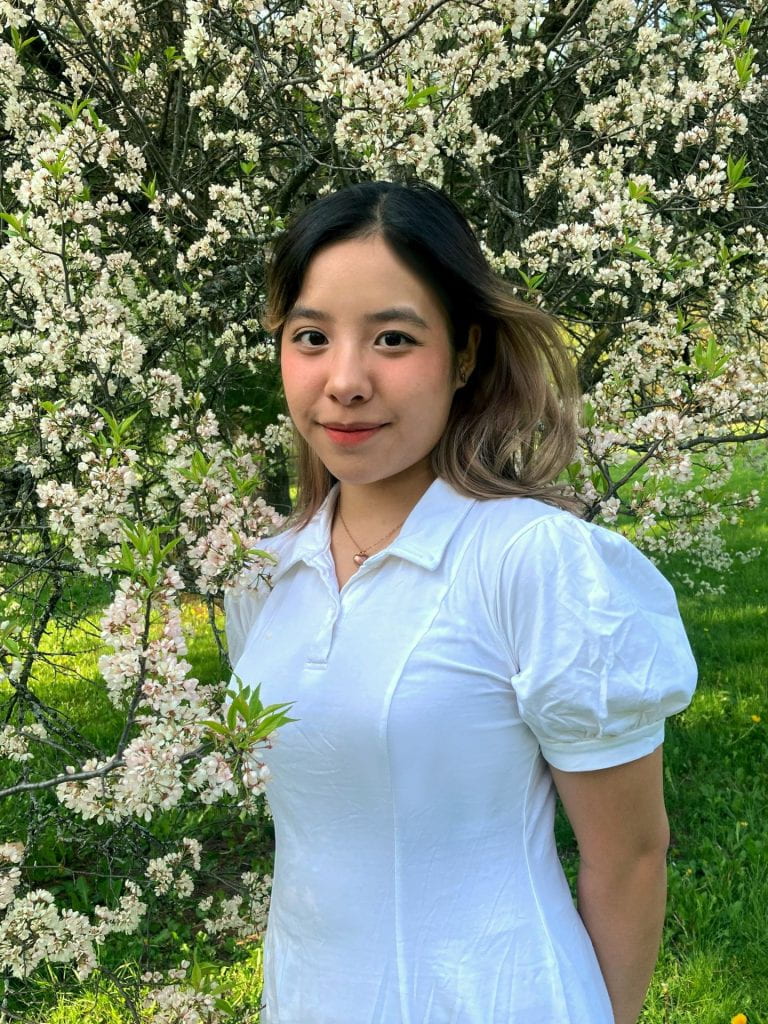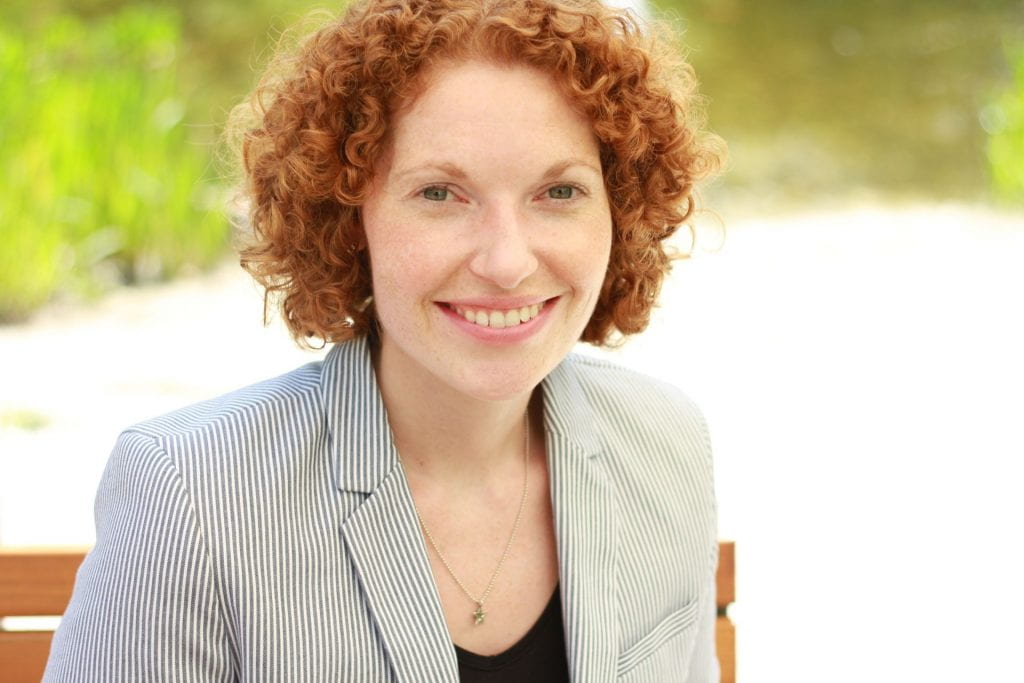The International Undergraduate Summer Research Studentship in One Health offers an experiential research opportunity in One Health for international undergraduate or DVM students. The Studentship supports opportunities for international undergraduate and DVM students to engage in semi-independent research projects or participate in larger ongoing research projects during the summer.
Value and Duration
Student Salary Support: $9,500
Operating Support: $500
A total of $9,500 will be provided for student salaries and benefits. This is based on a minimum hourly rate of $17.50 for a maximum total of 497 hours (14.2 weeks). Student wages must align with type of work performed (these are considered Level 2 positions), as described in the University of Guelph Student Wage Guidelines. A higher hourly rate or any additional hours over the 497 hours will be paid by the faculty member. In addition to the salary, the faculty advisor for each approved position will receive $500 in operating support. Students must be present for 35 hours per week during the entire 14.2 week period of the research project. As students will receive 4% vacation pay on their hourly rate, it is expected that they will work full-time (35hrs/week) for the entire 14.2 weeks.
Eligibility Criteria
Applications will only be considered if the student will engage in One Health research.
Priority will be given to:
- Early career/pre-tenure researchers who can clearly demonstrate shared research activities arising from this collaboration
- A faculty member who has not previously received an award administered by the One Health Institute
A maximum of one project per faculty member will be approved.
Award Allocation
The International Summer Research Studentship will be allocated through a two-stage process:
Stage 1: Faculty Submit Project Proposals
- Selection of projects by the Director, One Health Institute, with input from the One Health Institute Advisory Board
Stage 2: Students Apply
- Selection of international student by faculty member successful in Stage 1
Schedule of Dates
| Date | Action Due |
| Monday, October 7, 2024 | Call for Project Proposals Opens |
| Friday, December 13, 2024 | Project Proposals Due |
| Wednesday, January 15, 2025 | Successful Proposals Announced |
| Thursday, January 16, 2025 | Faculty Member recipient may begin advertising opportunity |
| TBD | Final date that offers can go out to students. Note that offers can be made/accepted anytime between January 16th and TBD 2025 |
STAGE 1 – FACULTY
Stage 1 (Project Abstracts – Submitted by Faculty)
How to Apply
Please submit a project proposal.
To complete the application you will need the following information at hand:
- Your name, affiliation and contact information
- Record of student supervision (max. 200 words): Briefly describe your previous graduate / undergraduate student research supervision
- Project title
- Project proposal description (1/2 page or 250 words)
- The relevance of One Health / a One Health approach to at least one of your research objectives
- A short description of the role for the student in this project
Evaluation Process and Criteria
The Director, One Health Institute will select the project for funding based on the following criteria:
- Relevance / alignment of the proposed research with One Health
- Clarity and feasibility of the research objectives and experimental plan
- Suitability of the project for DVM and undergraduate summer research students
- Availability of operating funds and infrastructure for the summer research project
STAGE 2 – STUDENTS
Students interested in working on this summer research project will contact the faculty member recipient directly.
STAGE 3 – SETUP OF STUDENT APPOINTMENT
Award Administration
Once the faculty member chooses a successful candidate, please cc OHI Program Manager, Katherine Heyland (heylandk@uoguelph.ca), on your email to the student confirming the upcoming appointment.
Terms and Conditions
The student recipient of the International Undergraduate Summer Research Studentship in One Health:
- Be available to work on the research project for 14.2 weeks full-time (i.e. 35 hours/week) between May 1 and August 31 of the calendar year in which the award is granted
- Be a full-time University of Guelph international student in good standing who is registered in Phase 1 or 2 of the DVM program, or after 2nd or 3rd year of a related University of Guelph undergraduate program and returning in the fall
- Participate in the summer Career Opportunities and Research Exploration (CORE) program at OVC or equivalent program on campus. Advisors are requested to be flexible in research work hours to allow students to participate in this program
- Participate in the CPHAZ One Health Poster Day in the fall semester of the year in which the award is granted
- Complete a survey evaluating the research experience and the mentor’s performance
Faculty advisors must:
- Be available to supervise the summer research student for the entire 14.2-week period (or longer is the student is employed for a longer period)
- Provide an advisory and mentoring role to motivate and guide the student and to foster an interest in research
- Complete a survey evaluating the student’s performance and the efficacy of the program at completion
International Summer Research Studentship in One Health Projects
2025
Water Harvesting for One Health: The use of Green Infrastructure Solutions (GIS) to reduce waterborne pathogens and improve stormwater harvesting on farms
Water Harvesting for One Health: The use of Green Infrastructure Solutions (GIS) to reduce waterborne pathogens and improve stormwater harvesting on farms
Project Summary
To meet growing water needs of the Canadian agricultural sector, a combination of specialized drainage systems and storage practices can be used to collect annual rainfall for irrigation during peak growing season when rainfall is often low. Depending on the local ecosystems (e.g. wetland vs. grassland), management practices, and other activities on the farm, including the presence of livestock or wildlife, these water reserves can become contaminated with pathogens. Green Infrastructure solutions (GIS) – like constructed wetlands and plant-based biofilters – can, once optimized for diverse climates and environmental microbiomes, help mitigate contamination. This project will use case-study field sites in Ontario to assess waterborne pathogens before and after the construction of GIS. The project will monitor the prevalence of microbes using passive sampling devices paired with qPCR-based pathogen identification. These will be compared to local animal (fecal) and environmental samples, including surface soil and GI-associated rhizosphere, to determine if GIS affect the prevalence and spread of pathogens and antimicrobial resistance (AMR) in the farm environment. The information collected during this project will become a key component of an extensive water, soil, and crop dataset. This data will be used to develop best management practices for stormwater harvesting and reuse, providing farmers with the information they need to mitigate the risk of food crop contamination while minimizing negative impacts on local ecosystems.
A One Health approach is needed to understand the bidirectional interactions between the stewards of the stormwater (the farmers), the potential sources of pathogens on farms (e.g. livestock or wildlife), the wetland plants capable of reducing microbial loads, and the pathogens that may harbour various levels of antimicrobial resistance. Learn more!
About the faculty: Dr. David McCarthy

David McCarthy is a world-renowned environmental engineer focusing on the biosurveillance of pathogens in urban water systems and the development of methodologies to monitor and manage these to protect human health. His research spans health-related water microbiology, risk assessments, pathogen fate and transport, urban hydrology, stormwater management, green water treatment technologies, and novel IoT devices for the monitoring and sampling of water quality. David’s work has significantly impacted industry practices, including the development of novel stormwater treatment systems and real-time monitoring and control technologies for urban water systems.
About the student: Michelle Anne Thomas

Michelle Anne Thomas is currently in her second year at the University of Guelph, completing an Honours Bachelor’s in Microbiology. Michelle has always been interested in how microbial pathogens interact in the environment, how they can affect climate change through positive feedback loops, and she is excited to join Dr. McCarthy’s lab this year.
In the summer of 2025, Michelle will help assess field sites across Ontario to study the prevalence of microbial pathogens before and after the construction of Green Infrastructure Solutions (GIS). Along with graduate students in the lab, she will use techniques such as qPCR and passive sampling devices to identify pathogens and antimicrobial resistance in farm environments.
2024
Using a One Health Approach to Investigate Climate Change, Extreme Weather Events, and Farmers’ Mental Health
“Using a One Health Approach to Investigate Climate Change, Extreme Weather Events, and Farmers’ Mental Health”
About the faculty: Dr. Andria Jones

Dr. Andria Jones holds a DVM and is a Full Professor of Epidemiology in the Department of Population Medicine at the Ontario Veterinary College (OVC), University of Guelph. Her research centres on the epidemiology of mental health and resilience in the veterinary and agricultural sectors and she uses a mixed methods (quantitative and qualitative) research approach. Andria has completed a certificate program in Applied Positive Psychology, another in Emotional Intelligence, and is a certified resilience trainer. She has been awarded the Brigid Rivoire Award for Champions of Agricultural Mental Health, two Distinguished Professor Awards for Excellence and Innovation in Teaching, and the Ontario Veterinary College Alumni Association Distinguished Young Alumnus Award.
Project Summary
Climate change is “the greatest threat to global public health”, with severe and rapidly increasing negative impacts on ecosystems and human systems, including the agri-food system and human well-being. Adverse mental health outcomes (particularly depression, generalized anxiety, acute traumatic stress, post-traumatic stress disorder, suicide and suicide ideation) are associated with acute extreme weather events, long term drought and heat waves, and slow onset environmental changes like rising air pollution, atmospheric temperatures, and sea level rise. Further, mental health impacts of climate change are not equal; they disproportionately affect populations with deep-rooted ties to the land, like Indigenous Peoples, coastal communities, and farmers.
A strong, resilient farming population is essential for sustainable food production and food supply; a fact especially important within the context of needing to increase agri-food production in order to feed a global population of 9 billion people by 2050. However, farmers globally experience elevated levels of poor mental health, threatening food production and animal health and welfare (“One Welfare”), and potentially, the adoption of environmental practices and climate adaptation strategies.
Our overall research project seeks to understand: (1) the impacts of climate change on farmers’ mental health; (2) how some farmers remain resilient to climate-mediated catastrophic losses; and (3) what supports would help with coping and pro-active adaptation to the climate crisis.
There are direct connections between weather/climate (environment), farmers’ mental health and productivity (people), and care of their livestock’s health and welfare (animals). It is only by recognizing these interconnections via a One Health approach that we can fully appreciate the impacts of the climate crisis and extreme weather events on farmers’ mental health and in agriculture.
About the student: Michelle Anne Thomas

Michelle Anne Thomas is a first year student at the University of Guelph, majoring in microbiology. Michelle has always been interested in learning more about the microbial populations of the Earth and their role in climate change.
This summer (2024), Michelle will undertake a systematic climate adaptation scenario analysis through the Manufactured Ecosystems Project. She will work with Dr. Jones and Dr. Shoshanah Jacobs (Department of Integrative Biology, College of Biological Sciences) to develop scenarios that can arise from climate change, and how these tie in with mental health. She hopes to gain a deeper understanding of climate change and extreme weather events through her participation in this studentship.
2023
Diversity and origin of feral apple in Ontario: a conduit for interactions between commercial apple production and native ecosystems in Ontario
About the Project:
Developing a robust and sustainable food system requires efficient methods of food production and distribution. It also requires awareness and mitigation of the impacts of agricultural practices on native ecosystems and biodiversity. Domestic apple is among the top three fruit species produced, globally and is important to Ontario’s economy. Importantly, it has established outside of cultivation as feral apples, which can interact with adjacent native biodiversity. However little is known of their abundance, origin and impacts on native apple species and commercial apple production.
As part of an ongoing research program on the role of feral apples, Dr. Husband’s research team is working with local communities to expand the map of the distribution, genetic diversity, and parentage of feral apples on the landscape and relate that to past use of domestic apple within several regions in Ontario. The team is also investigating hybridization between feral apples and the native crabapple. This work is an important step toward understanding the value, impacts and management of feral apples in Ontario and beyond.
About the Professor:

Dr. Brian Husband is the principle investigator of the Plant Population and Evolution Research Lab in the Department of Integrative Biology, University of Guelph. Paul Kron is his research associate. With the help of students in the lab, we have been studying domestic apples and their interactions with native Sweet Crabapples for several years now.
Most recently, we have been focusing on the genetic composition of feral apple populations, trying to better understand the diversity in the feral apple population in Ontario. We have a special interest in learning how the feral apples are related to cultivated varieties (cultivars), especially heritage cultivars.
Many of these older cultivars have disappeared from our awareness and our grocery stores, and in some cases, may have vanished altogether. Yet, they may have left a distinct imprint in the feral apples of Ontario.
About the Student:

Hanh Nguyen (Ava) Vu is a third-year BSc student in Molecular Biology and Genetics with a minor in Neuroscience. Under the guidance of Dr. Brian Husband, Hanh Nguyen is actively engaged in a project focusing on mapping the distribution, genetic diversity, and parentage of feral apples across various regions in Ontario. Hanh Nguyen is captivated by the intersection of genomics, bioinformatics, and the storytelling potential of genes within the context of botany/integrative biology.
By contributing to this project, Hanh Nguyen aspires to further develop her understanding of the intricate relationships between ecology, biodiversity, and the captivating narratives encoded within the genes of botanical organisms.
2022
One Health of Fungal Disease
About the Project:
Fungal diseases greatly impact the world around us, including our environment, food system, and health. Beginning with the food we eat, the application of fungicides to protect cereal crops from devastating fungal diseases can lead to resistance among plant pathogens. Moreover, fungicidal applications can also cause resistance within environmental pathogens, which are transmitted to humans, causing devastating disease. For example, Fusarium head blight (FHB), a globally-impactful fungal disease of cereal crops that leads to a reduction in grain quality and contamination with dangerous mycotoxins, is often averted with the annual application of azoles. Subsequently, such applications increase exposure of environmental microbes, including the human fungal pathogen, Cryptococcus neoformans, to the fungicide and promote antifungal resistance. For C. neoformans, inhalation of spores from the environment can lead to fatal meningitis if left untreated or in the presence of antifungal resistant strains. Using a One Health approach, my research program bridges together environmental, animal, and human health to uncover new prevention and treatment strategies against disease in the grower’s field to reduce fungicide use. Our approach limits the evolution of resistance amongst environmental pathogens, and ensures that our current medical antifungal therapies remain effective. We achieve these goals using state-of-the-art mass spectrometry instrumentation, advanced bioinformatics platforms, an array of biochemical, molecular, microbiological, and immunological techniques, as well as established interdisciplinary collaborations.
About the Professor:

Dr. Jennifer Geddes-McAlister started her appointment as Assistant Professor in the Department of Molecular and Cellular Biology at the University of Guelph in July 2018. She is an expert in mass spectrometry-based proteomics following a Alexander von Humboldt post-doctoral fellowship at the Max Planck Institute of Biochemistry (Germany). Her research program embraces a One Health approach to define the relationship between host and pathogen during infection to uncover new strategies for overcoming resistance in both medically- and agriculturally-relevant diseases.
About the Student:

Jiaxi Lu is a third-year BSc student in Crop, Horticulture, and Turfgrass Science (CHATs). Jiaxi is particularly interested in exploring the relationship between environmental, plant, and human health in order to discover new preventative measures and treatment approaches against fungal disease in the grower’s field through a One Health approach.
Jiaxi has experience working with academic institutions (plant pathogens) and non-governmental organizations (breeding and field management) in Canada and China on research and business projects.
Last updated: September 24, 2024



